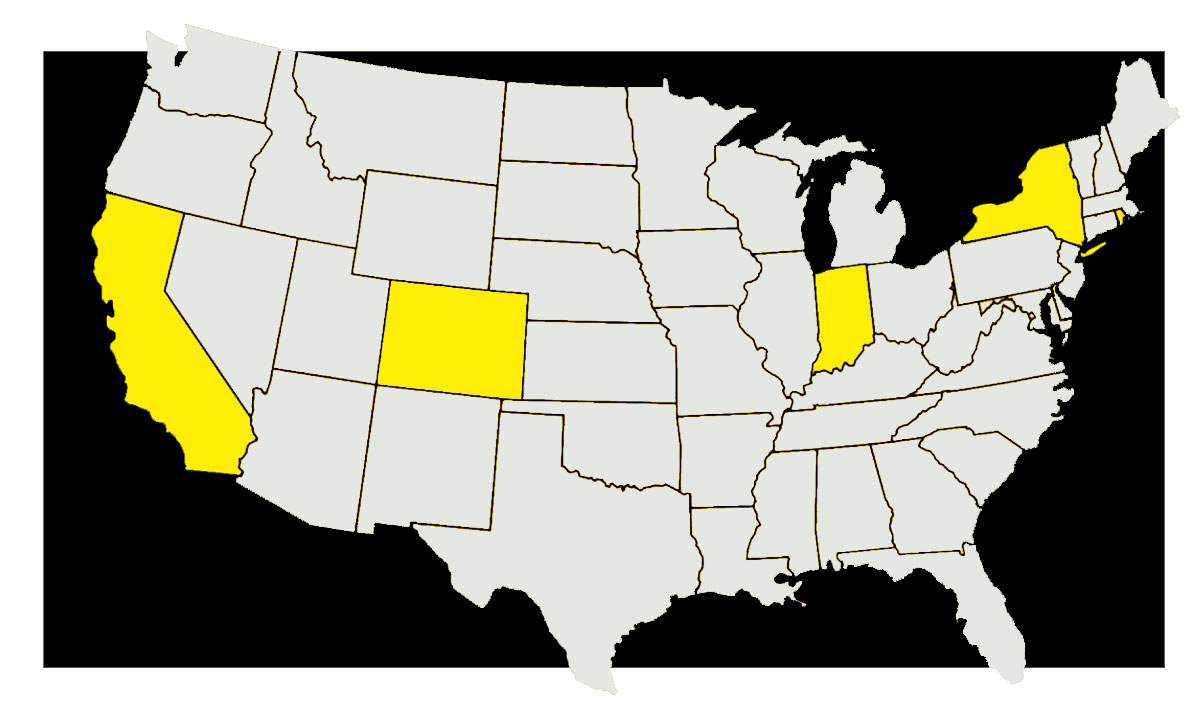This has been something that I’ve been pondering for awhile and had to learn how to adapt in different youth ministry positions. Whether those were in college, in Indiana, doing internships in Colorado or New York, or doing ministry where I’m currently at in the central valley of Northern California. Each place lends to different people, different life styles, and different circumstances. So, how do we take what we’ve done in previous ministries, or ideas that we’ve had working in our head, and implement them into the culture of my ministry now?
I’ve come up with a couple important things which I believe are worth sharing about and that I’ve used to help me adapt to different cultures. With those ideas, I’d love to share a few examples that I’ve had in ministry as well!
THE FIRST THING
Know your culture: Every area you are in is going to bring different traditions, personalities, atmosphere, and tastes. And I don’t just mean the people in your church or ministry; I mean the people in the town or towns you live in. Get to know where people go to eat lunch, what they do on the weekends, what kinds of jobs people have, where they live, ect. This is going to help you gauge the availability people have, how far people travel, what people like, ect. You get a sense of your community.
When I was in New York, I worked at a church where people traveled up to an hour to get to church. So having different events or bible studies on non-program days, didn’t always work. Many people couldn’t make it on another day. So, we lumped events or bible studies together either before or after our programs.
Here in California, we have about 10 different high schools that feed into our youth group. We know that we can’t do one big tailgate football party here, because first off, what schools would we pick to go to, that could offend someone, parents would call; you get the gist. (youth ministry, you’re not going to please everyone, but that’s another topic) So, what we decided to do was to have multiple tailgate parties and do our best to hit every school team.
All in all, know your culture, do some research. Ask around. I’m sure people are so willing to answer your questions about your town.
SECOND THING IS
Trial and Error : Some things have to be tested out, and not just talked about, before we can see if they actually work. (beware: those things may fail, but it’s okay! You’re doing great!)
In my book, there can be two types of trial and error. First, changing something big. This may need to be in effect for at least 6months to a year to see if it actually works or doesn’t work. For instance, combining high school and middle school together on your program night. You can’t just try it once and say, “whelp, that didn’t work.” You have to let it test the waters to see if it’s actually going to be effective in your ministry.
Then there’s changing something little. That could be having a bible study after your programming. It’s a few weeks long and at the end you go, “well, maybe this content is not what the students want.” These little changes inevitably take you back to the drawing board and go, well what do my students want. Which, that’s a good thing!
Try things that you’ve prayerfully sought out. Don’t be afraid to fail and also don’t change things (or Jang things as we say) so fast that it makes people’s heads spin.
All in all, remember what our goal in ministry is and that is for students to put Jesus as number one in their life. To point students in your community to having a personal relationship with Jesus Christ. Whatever we, as leaders, can do to foster this, whether that’s through weekly programming or special events, let’s do it! Whatever works for the students in your culture, even if it’s not what you like, let’s do it! We’re there to foster an atmosphere to where students are going to meet Jesus or hear about Jesus for the first time.
So, how can we move our students and leaders to becoming more and more like Jesus; going out and reaching the lost? It doesn’t have to be complicated; we just have to be committed.
Becca Ebenhoch
Guest Blogger
Becca has done youth ministry in various places across the US, and is currently doing youth ministry in Modesto, CA.

© 2016, Never The Same

